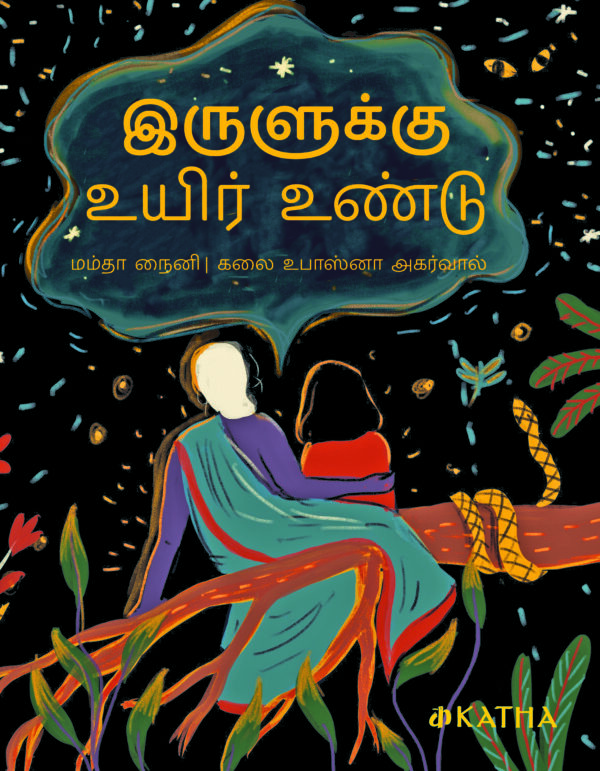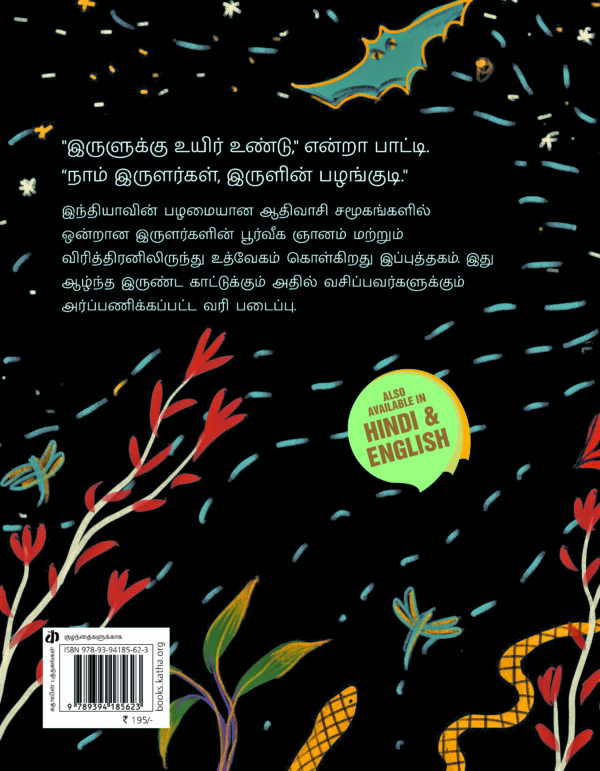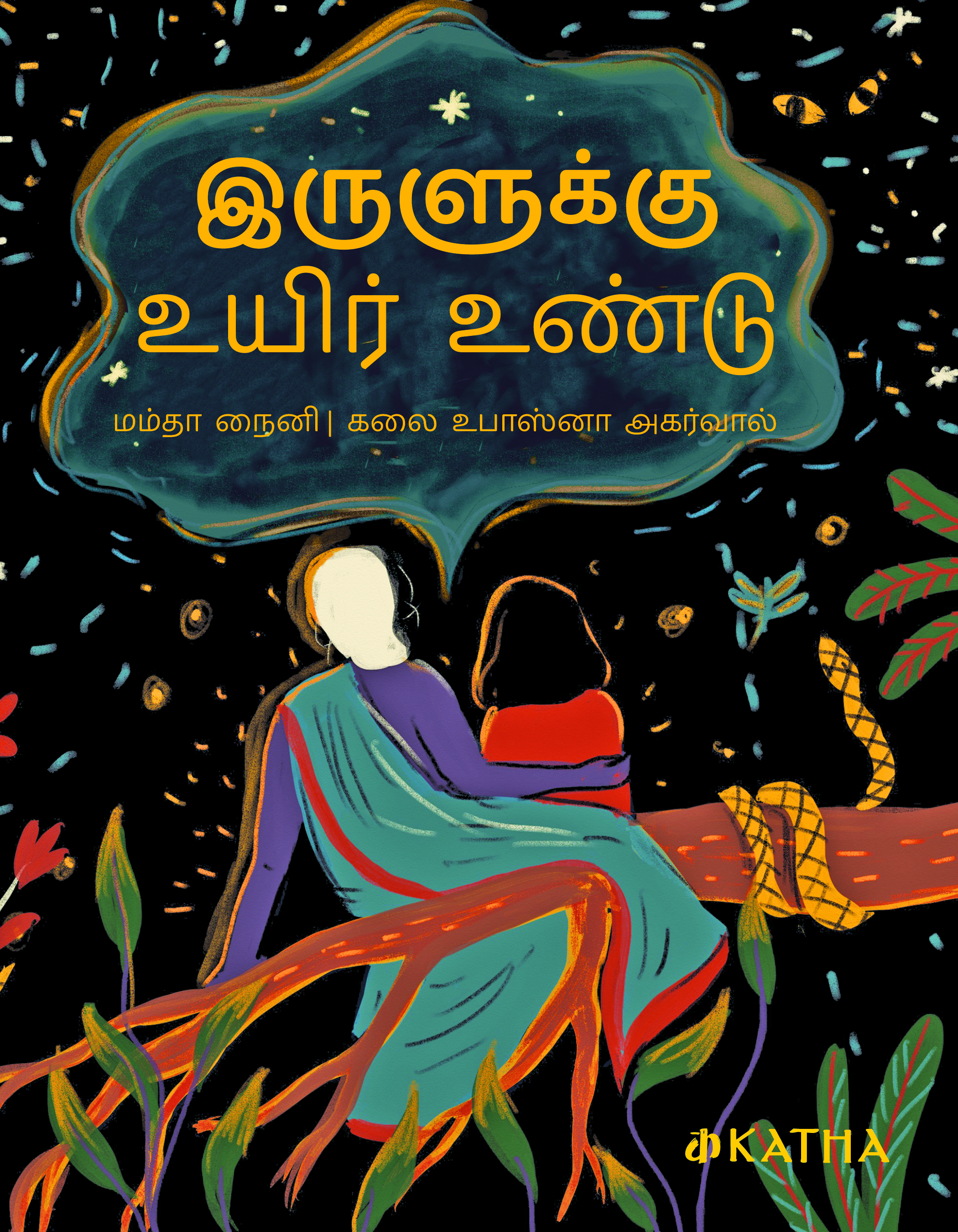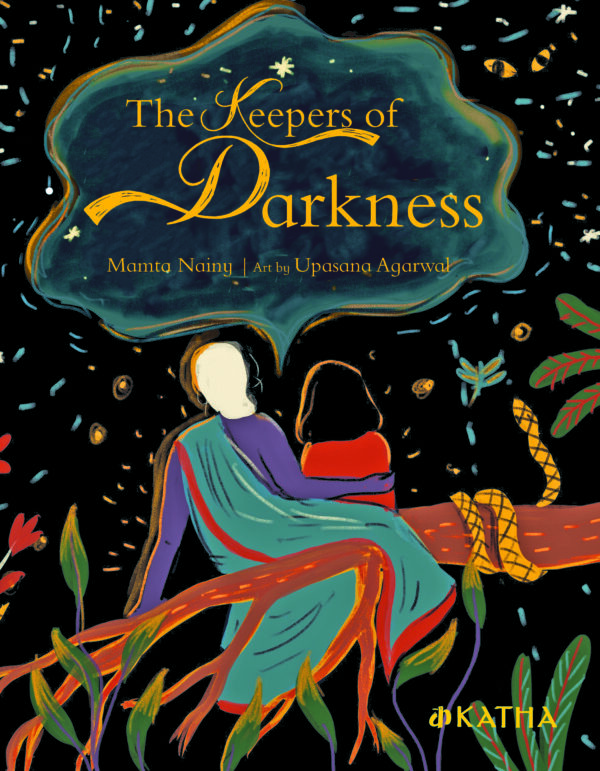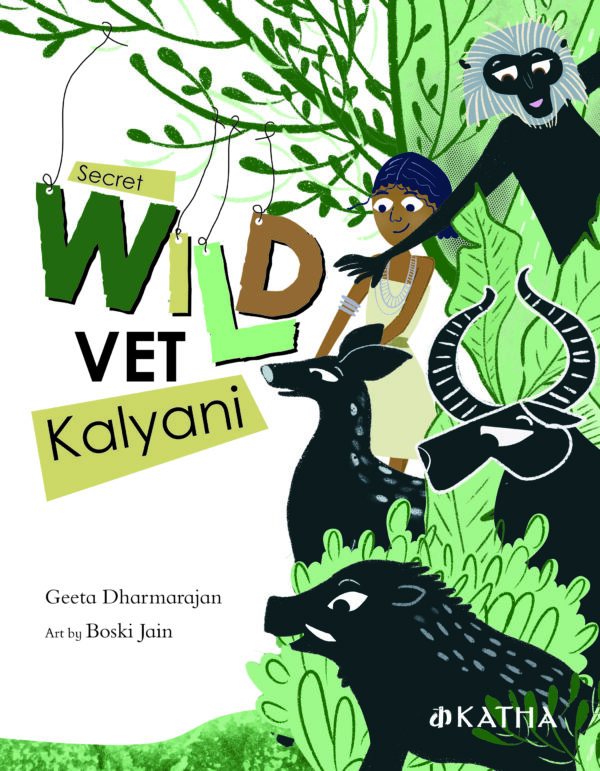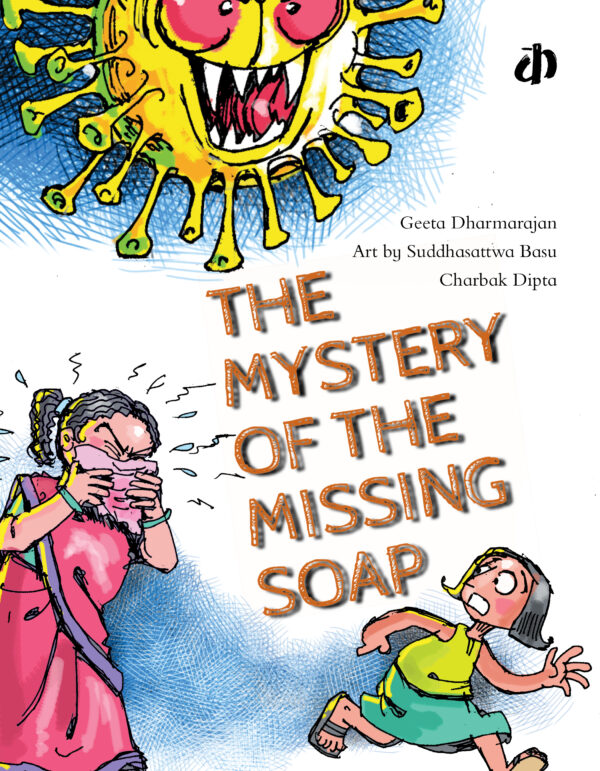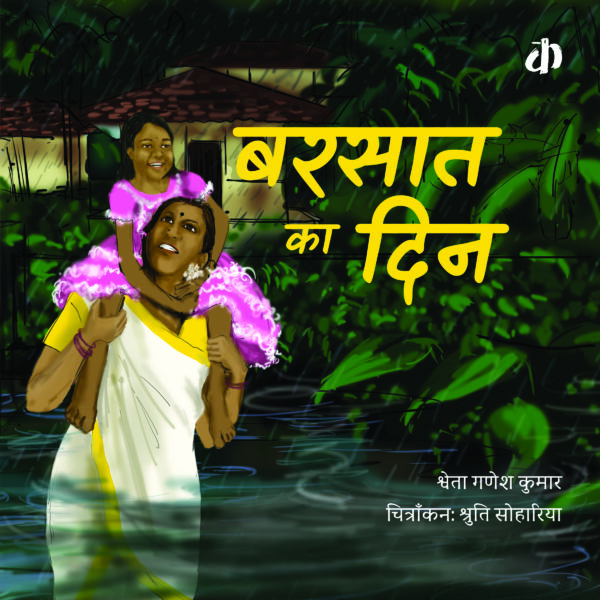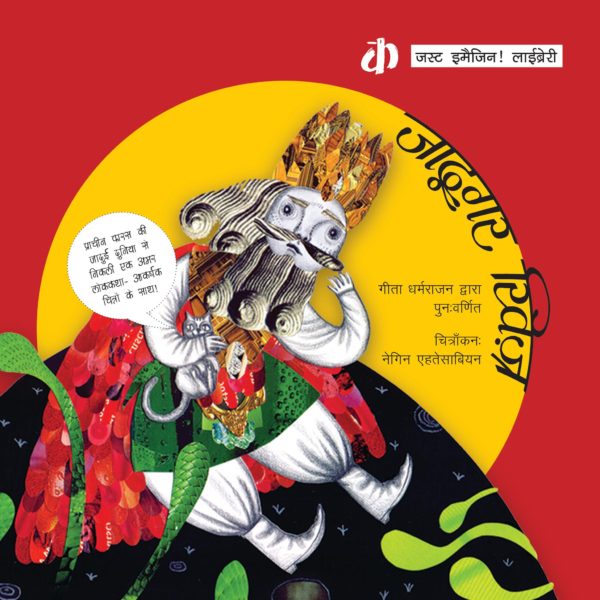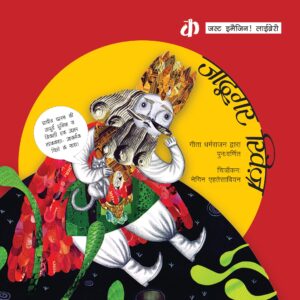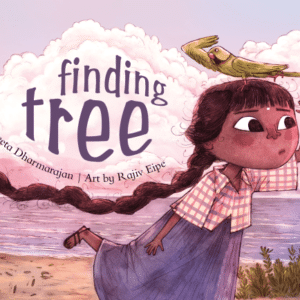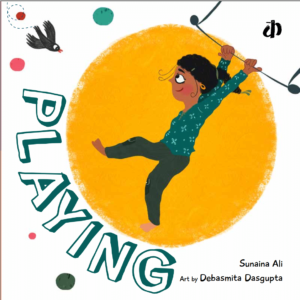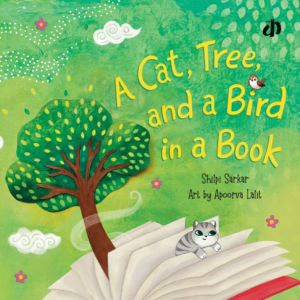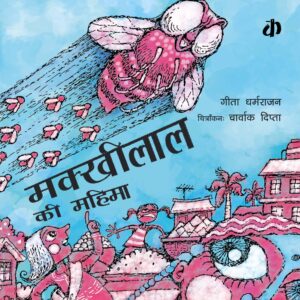Reviews
Reviews
In The Keepers of Darkness, author Mamta Nainy and illustrator Upasana Agarwal introduce one of India’s oldest Adivasi communities. The word “Irula” is believed to have been derived from the Tamil word irul meaning darkness. Highlighting their indigenous wisdom and resilience, Nainy describes them as mirroring the rich silt of the forest – “deep, dark and full of life.” The Irulas are also said to have great eyesight, which is why they can easily find their way through dense forests. They trust the forest to lead them to all that they seek including honey, tamarind, prawns and fish. According to folklore, Irula men served as night guards who guided soldiers through forests during the reign of the Chola dynasty. The creatures of the dark are their friends – whether winged, crawling or slithering. Using signs like tracks, scents and droppings, they are expert at catching snakes, bats and rats.
Further, Irula vaidyars or physicians, are mostly women, who are extremely knowledgeable about local flora and fauna. They practise traditional healing systems that use more than 320 medicinal herbs, especially those useful in curing snake, rat and insect bites. They worship nature and their traditions are woven in harmony with the forests. In a sense, they protect the darkness, just like it protects them.
The authors endeavour to create awareness about the tribe, currently numbered at around 215,000, who are probably the last skilled forest scientists of the world. They also draw attention to the fact that the Irulas, guardians and champions of biodiversity, are struggling to preserve their homes as forests are being recklessly destroyed. “When a forest is uprooted, the entire Irula way of life is uprooted. As a result, many Irulas migrate to the outskirts of nearby villages, seeking employment in agriculture or construction,” they write.

